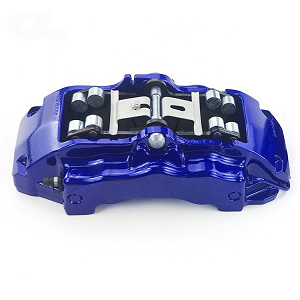Why Are Forged Aluminum Automotive Parts the Future of Vehicle Lightweighting?
2025-06-10
In the pursuit of fuel efficiency, sustainability, and enhanced performance, the automotive industry is shifting rapidly toward lightweight materials. Among the top contenders, forged aluminum automotive parts stand out due to their exceptional balance of strength, weight, and durability. Aluminum alloy’s density is only about one-third that of steel, offering a significant advantage in reducing vehicle weight without compromising structural integrity.
One of the key benefits of using forged aluminum is its outstanding thermal conductivity, corrosion resistance, and machining performance. These attributes not only extend the lifespan of vehicle components but also improve overall vehicle efficiency. In fact, switching from traditional steel to aluminum alloy components can achieve a 30% to 40% weight reduction, with some applications even reaching up to 50%. This makes aluminum particularly valuable in electric vehicles and high-performance automobiles, where weight savings translate directly into longer range or faster acceleration.
The production of aluminum automotive parts primarily involves two methods: casting and forging. Casting is generally used for components that serve as structural housings or supports, such as engine blocks, cylinder heads, gearbox housings, and engine brackets. These parts require complex shapes but less intensive mechanical strength. Forging, on the other hand, is used when superior mechanical properties are essential. Common forged aluminum parts include wheels, control arms, steering knuckles, and chassis suspension system components. These are all critical to the performance, safety, and reliability of the vehicle.
Forged aluminum parts offer enhanced toughness, impact resistance, and fatigue strength, making them ideal for demanding automotive environments. In addition, the forging process aligns the internal grain structure of the metal, improving the overall strength-to-weight ratio of each component.
As manufacturers and suppliers around the globe continue to seek sustainable, high-performance solutions, forged aluminum parts are quickly becoming a preferred choice in modern vehicle design. Whether you are sourcing parts for a commercial fleet or a new vehicle platform, adopting forged aluminum solutions can lead to long-term benefits in performance, cost savings, and environmental impact.



